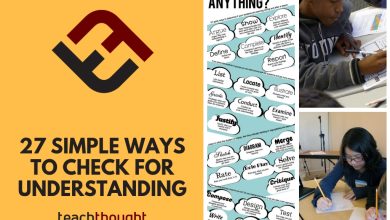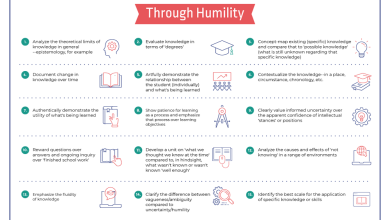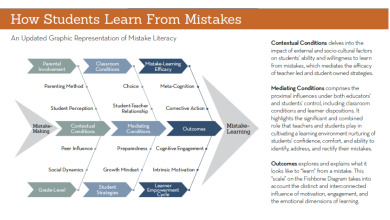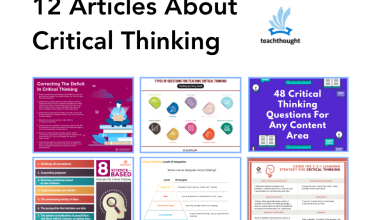50 Of The Most Popular Online Courses Of All-Time – TeachThought
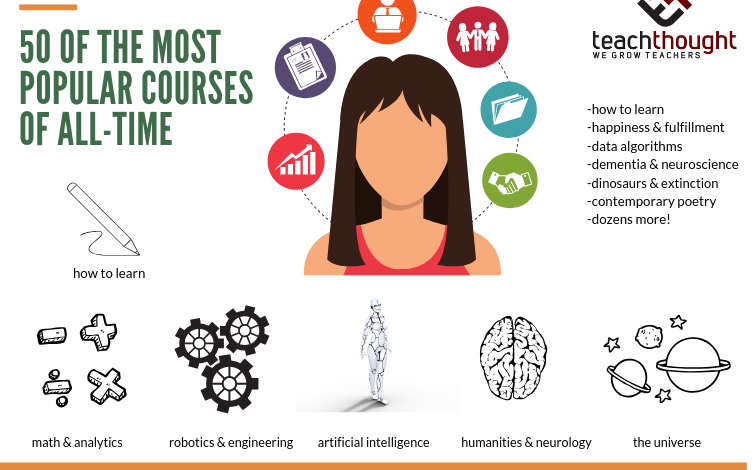
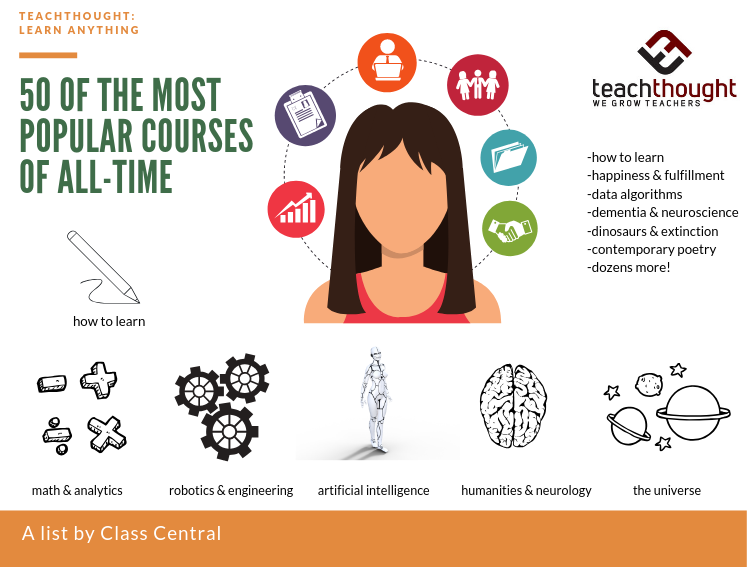
by TeachThought Staff
Astronomy: Exploring Time and Space (University of Arizona) Comprehensive introduction to the universe, from planets to galaxies. Covers fundamental concepts of modern astronomy, space exploration, and the tools astronomers use to study cosmic phenomena.
Learning How to Learn (McMaster University, UCSD) Teaches powerful mental tools and techniques based on neuroscience for mastering tough subjects. Students learn about memory techniques, dealing with procrastination, and research-backed study methods.
The Science of Well-Being (Yale University) Based on psychology research about what makes humans truly happy and how to build better habits. Challenges misconceptions about happiness while providing practical strategies for improving life satisfaction.
Confronting The Big Questions: Highlights of Modern Astronomy (University of Rochester)
Explores fundamental questions about our place in the universe and the nature of cosmic phenomena. Addresses topics like dark matter, black holes, and the possibility of extraterrestrial life.
Psychological First Aid (Johns Hopkins University) Teaches essential skills for providing mental health support during crisis situations. Focuses on practical intervention strategies and understanding psychological trauma.
From the Big Bang to Dark Energy (The University of Tokyo) Traces the history of the universe from its earliest moments to its possible future. Examines complex concepts like cosmic inflation, matter-antimatter asymmetry, and dark energy.
A Life of Happiness and Fulfillment (Indian School of Business) Explores scientific research on happiness and its practical applications in daily life. Provides concrete strategies for increasing personal happiness and maintaining positive relationships.
The Science of the Solar System (Caltech) Detailed exploration of planets, moons, and other objects in our solar system. Covers the latest discoveries from space missions and planetary science research.
Introduction to Philosophy (University of Edinburgh) Examines fundamental philosophical questions about knowledge, reality, and existence. Introduces major philosophical traditions and teaches critical thinking skills.
Justice (Harvard University) Explores moral and political philosophy through real-world dilemmas and classic thought experiments. Challenges students to examine their own moral beliefs and understanding of justice.
Modern and Contemporary American Poetry (University of Pennsylvania) Deep analysis of major American poets and their works from Walt Whitman to contemporary voices. Teaches close reading techniques and poetic interpretation.
Global History Lab (Princeton University) Examines world history through interconnected networks and global patterns rather than isolated events. Emphasizes the relationship between historical processes and contemporary global challenges.
Astrobiology: Exploring Other Worlds (University of Arizona) Investigates the possibility of life elsewhere in
the universe and what makes Earth habitable. Combines biology, chemistry, geology, and astronomy to understand life’s potential in the cosmos.
The Evolving Universe (Caltech) Charts the evolution of cosmic structures from the Big Bang to the present day. Explores stellar evolution, galaxy formation, and the role of dark matter in shaping the universe.
Introduction to Psychology (Yale University) Comprehensive overview of major topics in psychology, from neuroscience to social behavior. Introduces students to scientific methods used to study human behavior and mental processes.
Mindshift: Break Through Obstacles to Learning Helps learners overcome barriers to learning and adapt to career changes. Focuses on developing a growth mindset and leveraging personal strengths.
Moralities of Everyday Life (Yale University) Examines moral psychology and how humans make ethical decisions in daily life. Explores the origins of moral beliefs and the role of emotion in moral judgment.
Understanding Einstein: The Special Theory of Relativity (Stanford University) Makes Einstein’s revolutionary ideas accessible to non-physicists through clear explanations and thought experiments. Explores the nature of space, time, and the speed of light.
Indigenous Canada (University of Alberta) Explores Indigenous perspectives on Canadian history and contemporary issues. Examines Indigenous-settler relations, cultural practices, and Indigenous ways of knowing.
Machine Learning (Stanford University) Provides a thorough foundation in machine learning concepts and applications. Covers algorithms, statistical patterns, and practical implementation in real-world scenarios.
The Science of Everyday Thinking (University of Queensland)
Explores how people think, make decisions, and form beliefs in daily life. Teaches practical tools for critical thinking, evidence-based reasoning, and recognizing cognitive biases.
Social Psychology (Wesleyan University)
Introduction to the study of how people’s thoughts, feelings, and actions are influenced by others. Covers foundational topics such as conformity, persuasion, group dynamics, and prejudice.
Introduction to Artificial Intelligence (Columbia University)
Comprehensive introduction to AI concepts including search, logic, planning, and machine learning. Explains both theoretical underpinnings and modern applications of artificial intelligence.
Rocket Science for Everyone (Yale University)
Explains the science and engineering behind rocket launches and space exploration in accessible terms. Examines the technology, physics, and future of human spaceflight.
Astrobiology and the Search for Extraterrestrial Life (The University of Edinburgh)
Investigates the scientific search for life outside Earth, combining astronomy, biology, and planetary science. Covers the origin of life, methods for detecting biosignatures, and the potential for intelligent life elsewhere.
Rhetoric: The Art of Persuasive Writing and Public Speaking (Harvard University)
Develops students’ skills in argumentation, effective writing, and public speaking using classical and modern rhetorical techniques. Teaches how to craft compelling messages and analyze influential speeches.
Buddhism and Modern Psychology (Princeton University)
Explores intersections between Buddhist thought and modern psychological research. Examines mindfulness, concepts of the self, and the nature of happiness from both perspectives.
The Ancient Greeks (Wesleyan University)
Covers the history, literature, philosophy, and culture of ancient Greece. Highlights major figures and achievements that shaped Western civilization.
Archaeoastronomy (Politecnico di Milano)
Studies the ways ancient cultures observed and interpreted celestial phenomena. Explores historical, archaeological, and astronomical evidence of humanity’s relationship with the sky.
Plagues, Witches, and War: The Worlds of Historical Fiction (University of Virginia)
Analyzes the relationship between history and fiction through storytelling about epidemics, witch hunts, and conflict. Encourages students to critically read and write historical fiction.
Medical Neuroscience (Duke University)
Provides a deep dive into the structure and function of the human nervous system. Links current neuroscience research with medical knowledge and real-world health issues.
Child Nutrition and Cooking (Stanford University)
Covers fundamentals of children’s nutrition and practical instruction on preparing healthy meals. Promotes healthy eating habits in families and communities.
Learning How to Learn for Youth (UC San Diego)
Tailored version of “Learning How to Learn,” designed especially for younger learners. Teaches memory tricks, study techniques, and strategies to make learning engaging and effective.
English Composition I (Duke University)
Helps students develop academic writing and critical reading skills. Focuses on organizing ideas, using evidence, and refining style for college-level writing.
The Modern World: Global History since 1760 (University of Virginia)
Surveys major global historical developments from the Enlightenment to present day. Examines political, economic, and cultural transformations shaping the modern world.
AstroTech: The Science and Technology behind Astronomical Discovery (University of Edinburgh)
Explains the telescopes, detectors, and data science powering modern astronomy. Offers insights into how astronomers gather and interpret cosmic information.
Positive Psychiatry and Mental Health (University of Sydney)
Covers scientific advances in positive mental health and well-being. Focuses on strengths-based approaches and strategies to foster resilience and happiness.
Stanford Introduction to Food and Health (Stanford University)
Emphasizes the importance of informed food choices for personal and public health. Offers nutrition basics, debunks diet myths, and shares simple healthy cooking tips.
The Worldview of Thomas Berry: The Flourishing of the Earth Community (Yale University)
Explores philosopher Thomas Berry’s ecological worldview and his call for transformative change in the way humans relate to the Earth. Discusses concepts of cosmology, community, and ethics.
Journey of the Universe: The Unfolding of Life (Yale University)
Connects scientific discoveries about the origins of the universe with humanities perspectives. Explores the grand story of cosmic and biological evolution, blending science, philosophy, and spirituality.
